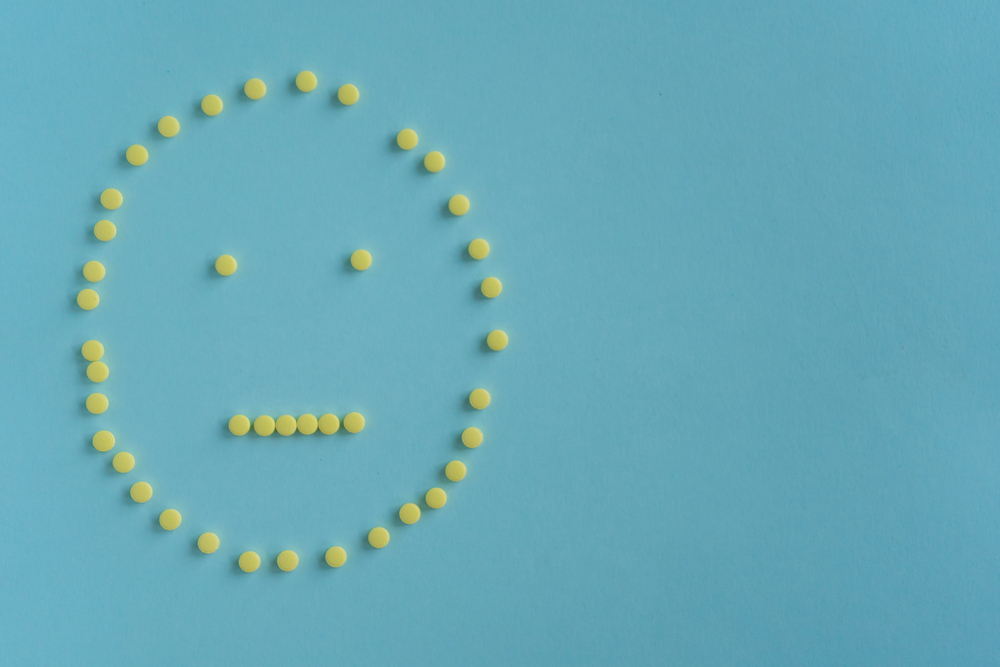A new commentary published in The Journal of the American Board of Family Medicine traces the development of major depressive disorder (MDD) and criticizes the use of drugs as a first-line treatment.
The authors, led by Allen F. Shaughnessy from Tufts University, argue that psychiatry has adopted a “medicine is awesome” outlook as a result of the chemical imbalance hypothesis of depression. This leads to overdiagnosis and overtreatment of MDD with drugs that show questionable effectiveness.
The authors believe service users would benefit from the psy-disciplines adopting a more critical stance towards drugs and a nuanced understanding of depressed mood as both a neurobiological phenomenon and a reaction to social, environmental, and structural factors.
The authors write:
“This relatively new explanation of depression as a neurochemical imbalance leads to the current privileging of pharmacotherapy over other approaches to treatment. However, the pharmacologic effect of these treatments is still speculative. Numerous studies have failed to show a benefit to active treatment greater than that seen with placebo, and most patients will not achieve remission of symptoms despite treatment. This overreliance on medication may reflect a “medicine is awesome” stance that biases clinicians toward medical interventions. A more expansive understanding of depressed mood, one that can and should be discussed with patients, is to understand it as a reaction to one’s psychosocial, political, economic, and physical environment.”
















I was hoping this would tie into (I think) Robert Whitaker’s claim that prescription drugs are the fourth leading cause of death in america, instead of being likely just another report from captain obvious about how psychiatry relies on drugs too much. Are there ANY articles on this site that DON’T already say this?
Learning how much of psychiatry is pseudoscience, and how much of that pseudoscience is around drug “testing” and marketing, has made me intensely distrusting of ALL medical drugs (that don’t have ancient use history, like aspirin).
I keep hoping to see, like, anything that dares to ask: if psychiatry is such a pseudoscience while medical science is such a hard science, why has the medical establishment bought into all of psychiatry’s pseudoscience – from race science to lobotomies physical and chemical to insulin shock and ECT?
If the medical field is the miracle of science western society hails it as, why is it so glaringly stupid as to grant psychiatry legitimacy, or say that obesity or addiction are diseases, or to just jump on the bandwagon to giving everyone GLP-1 inhibitors (ozempic and co.) and hailing it as a cure for obesity and addiction like every one of life’s problems will eventually find a drug to fix it.
Like I saw a thing a while ago suggesting that if a couple is struggling with distrust or suspicion, to give them oxytocin to rebuild trust. And it makes sense, oxytocin IS the bonding hormone, but it goes to the bigger question of why the fuck people want a drug to fix EVERYTHING. They search for lifelong drugs first before literally anything else. That’s what I was hoping this article was about.
Oh well. MIA rarely has good, radically, philosophically antipsychiatry takes anymore. This site gives way too much respect to this pseudoscience and its peddlers along this same line of it (I think) being too taboo to say that established medical “science” is crap too.
Report comment
They did studies using oxytocin nasally.. People were so sensitive to it that the stimulus became aversive. Plus it has a short half life.
I would have gone with a cheaper option…nipple stimulation releases oxytocin.
Report comment
I’d love to see THAT on a prescription pad!!!
Report comment
We’re speaking to the choir here, aren’t we Richard. But that’s still important, and let’s pray to God for a larger audience.
Report comment
But it isn’t actually medicine.
“[E]x-director of the NIMH, Steve Hyman, upon summarizing over 40 years of research pertaining to the effects of antipsychotic drugs, reported that the use of the drugs actually creates, rather than corrects, a biochemical imbalance within the brain and in fact works similar to drugs of choice or street drugs.”
– Colbert, T.C. (2017). The Four False Pillars of Biopsychiatry.
Full quote from here: https://totalmentalhealth.info/to-the-mentally-ill-your-brainsare-fine/
Report comment